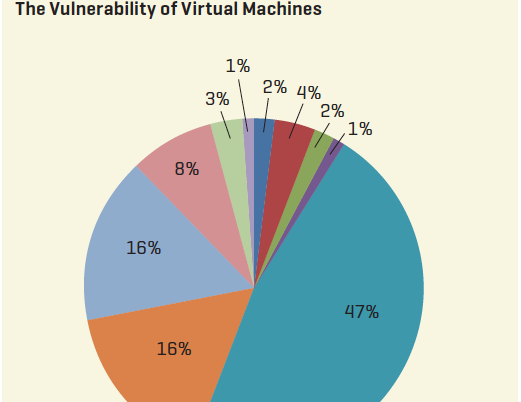SECTION: Features
How does a law turn society on its head? How does technology keep a movement alive? Through the lens of her home, Hong Kong, the author discusses legal loopholes in a new national security law that might bring about a dystopian reality, and how tomorrow's secure and private tech can fight back.
By Glacier Kwong, December 2020
PDF | HTML | In the Digital Library
How one privacy activist took on Facebook, the European Commission, and the United States to protect the rights of European citizens, and prevailed.
By Mihir Kshirsagar, Ross Teixeira, December 2020
PDF | HTML | In the Digital Library

This article discusses the consequences of the commercialization and evolution of the Internet infrastructure, and how it affects our ability to exercise human rights online.
By Niels ten Oever, Davide Beraldo, July 2018
PDF | HTML | In the Digital Library

We don't need to miss out on the joys of technology in order to regain what liberty and democracy are supposed to mean, but the regulatory transformation we need is of epic proportions.
By carlo von lynX, July 2018
PDF | HTML | In the Digital Library

The use of unmanned aerial drones will revolutionize news reporting, but many issues need to be resolved before things can really take off.
By Matt Waite, March 2014
PDF | HTML | In the Digital Library

DEPARTMENT: Blogs
Stanford grad student Jonathan Mayer discusses cookies, Web tracking, and changes to Mozilla's cookie policy.
By Jonathan Mayer, September 2013
PDF | HTML | In the Digital Library

SECTION: Features
Revealing private content on the Web can also spark public engagement. To understand this, we need to challenge our common sense notions of privacy and democracy.
By Andreas Birkbak, September 2013
PDF | HTML | In the Digital Library

The line between personal and anonymous information is often unclear. Increasingly it falls to lawyers to understand and manage the risks associated with the sharing of "anonymized" data sets.
By Marion Oswald, September 2013
PDF | HTML | In the Digital Library

Why defining what counts as personal data is important for data protection and information sharing.
By Iain Bourne, September 2013
PDF | HTML | In the Digital Library

People think they want anonymity, but actually desire privacy. But how do we reframe the debate surrounding privacy and security? Perhaps technology is the answer.
By David Birch, September 2013
PDF | HTML | In the Digital Library

The vast amounts of data that are now available provide new opportunities to social science researchers, but also raise huge privacy concerns for data subjects. Differential privacy offers a way to balance the needs of both parties. But how?
By Christine Task, September 2013
PDF | HTML | In the Digital Library

Distinguished Scientist at Microsoft Research, Dr. Cynthia Dwork, provides a first-hand look at the basics of differential privacy.
By Michael Zuba, September 2013
PDF | HTML | In the Digital Library

In this profile, Jessica Staddon discusses managing privacy research for one the world's best-known technology corporations.
By Adrian Scoică, September 2013
PDF | HTML | In the Digital Library

DEPARTMENT: Labz
CUPS, a research lab at Carnegie Mellon University, is dedicated to addressing the broad array of challenges collectively called "usable privacy and security."
By Rich Shay, September 2013
PDF | HTML | In the Digital Library
















